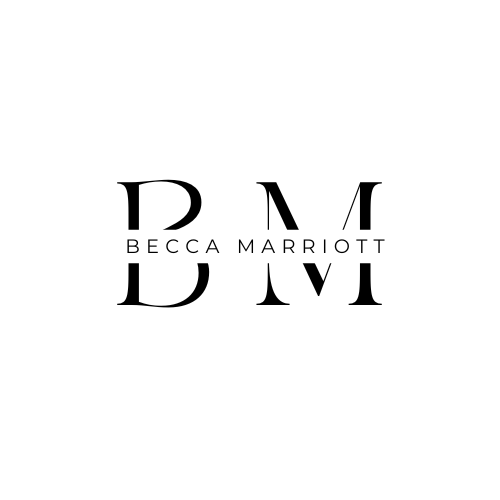
I began my stage career in improvised comedy; both as a player, and as a director. When I became the first ever female director of Oxford University’s most successful comedy collective - The Oxford Imps - I began a journey of discovery, leading what must be some of the most challenging, yet satisfying rehearsal rooms in the country. Looking back on those days, nearly two decades ago, I can pin-point where my thirst for creating drama in a collaborative and exciting way stems from. Taking charge of a consort of exceptionally intelligent and creative talents, with brains that worked with unparalleled speed and wit was no small feat, and it taught me the power of asking questions, and allowing for other views to bend your vision - but never break it.
In improvised theatre a director’s role is to channel creative energy into focussed shapes, formats and stories that the audience can follow and delight in - an opera director’s task is not so different. I believe our role is to create a shape and a story-focus for the operas we are mounting and then to free up the brilliantly talented artists we work with until they feel ownership of that story and ease and truth in the theatrical shape that best conveys it to an audience.
I constantly ask artists questions and demand that they ask questions of me: “Did that moment feel right?” “Does this make sense?” “What do you think your character does next?” “Why did you make that journey?” “How are you feeling?”. I believe that if performers take ownership of their stage journeys and their intentions they can best embody and build on them and be released to make beautiful music that marries with the stage action. I encourage singers to explore the stage space and to feel safe and at ease with their colleagues through games, discussion and movement workshops.
My influences include - Katie Mitchell, Frantic Assembly, Keith Johnstone, and Alasdair Middleton
Seven years working as a singer has also taught me the power of good directors to bring out the best in artists. I am dedicated to a collaborative approach and to always honouring every performer and especially the music. It is so hard for artists to give their best and for audiences to experience the story if direction is at odds with the pull of the music. I work to help singers understand and analyse the shape of the music and how this is guiding them emotionally, and to find the best way to physicalise and portray the journey of the music on stage. I ask singers to challenge ideas that they are struggling to marry to the music and work with them to understand these ideas or find new routes into a piece that work for everyone involved inn the creative process.
